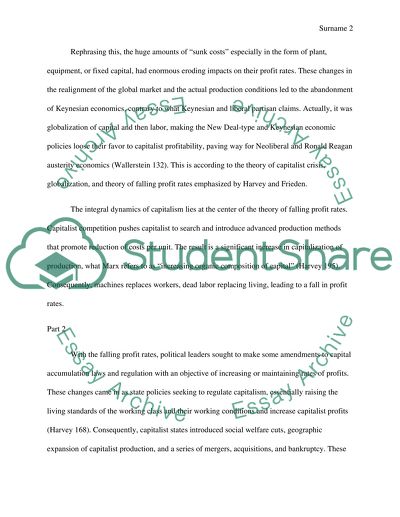Cite this document
(“Theories of Late Capitalism in the World System Essay”, n.d.)
Theories of Late Capitalism in the World System Essay. Retrieved from https://studentshare.org/geography/1444882-theories-of-late-capitalism-in-the-world-system
Theories of Late Capitalism in the World System Essay. Retrieved from https://studentshare.org/geography/1444882-theories-of-late-capitalism-in-the-world-system
(Theories of Late Capitalism in the World System Essay)
Theories of Late Capitalism in the World System Essay. https://studentshare.org/geography/1444882-theories-of-late-capitalism-in-the-world-system.
Theories of Late Capitalism in the World System Essay. https://studentshare.org/geography/1444882-theories-of-late-capitalism-in-the-world-system.
“Theories of Late Capitalism in the World System Essay”, n.d. https://studentshare.org/geography/1444882-theories-of-late-capitalism-in-the-world-system.


